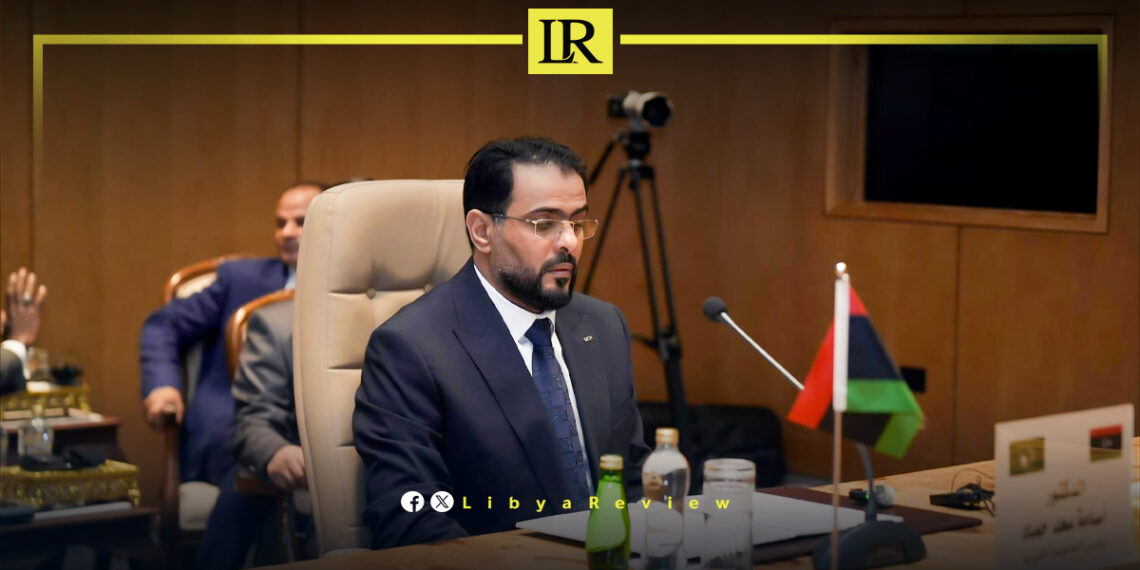In a strategic move preceding the holy month of Ramadan, the Libyan Government-designate, led by Prime Minister Osama Hammad, has announced significant price reductions on five key subsidised commodities available at consumer societies. According to an official statement released on the government’s Facebook page, the new pricing strategy includes essential items such as sunflower oil, tomato paste, rice, sugar, and flour.
Effective immediately, a 850ml bottle of sunflower oil is now priced at 3.75 Libyan dinars, while a 400g can of tomato paste has been reduced to 2.74 dinars. Additionally, the cost for a kilogram of both rice and sugar is set at 2.75 dinars each, with the price for a kilogram of flour stabilising at 1.75 dinars.
This pricing adjustment comes as a direct response to Prime Minister Hammad’s mandate to the Price Balance Fund to review the costs of these staples by eliminating profit margins and transportation and handling fees. This initiative aims to align the prices more closely with the purchasing power of the Libyan citizens.
Last month, Hammad’s government declared a 50% subsidy on the total cost of imported basic goods, alongside coordinating with consumer societies across various municipalities to manage their distribution and sale effectively.
Libya has been in chaos since a NATO-backed uprising toppled longtime leader Muammar Gaddafi in 2011. The county has for years been split between rival administrations.
Libya’s economy, heavily reliant on oil, has suffered due to the ongoing conflict. The instability has led to fluctuations in oil production and prices, impacting the global oil market and Libya’s economy.
The conflict has led to a significant humanitarian crisis in Libya, with thousands of people killed, and many more displaced. Migrants and refugees using Libya as a transit point to Europe have also faced dire conditions.
The planned elections for December 2021 were delayed due to disagreements over election laws and the eligibility of certain candidates. This delay has raised concerns about the feasibility of a peaceful political transition.
Despite the ceasefire, security remains a significant concern with sporadic fighting and the presence of mercenaries and foreign fighters. The unification of the military and the removal of foreign forces are crucial challenges.


